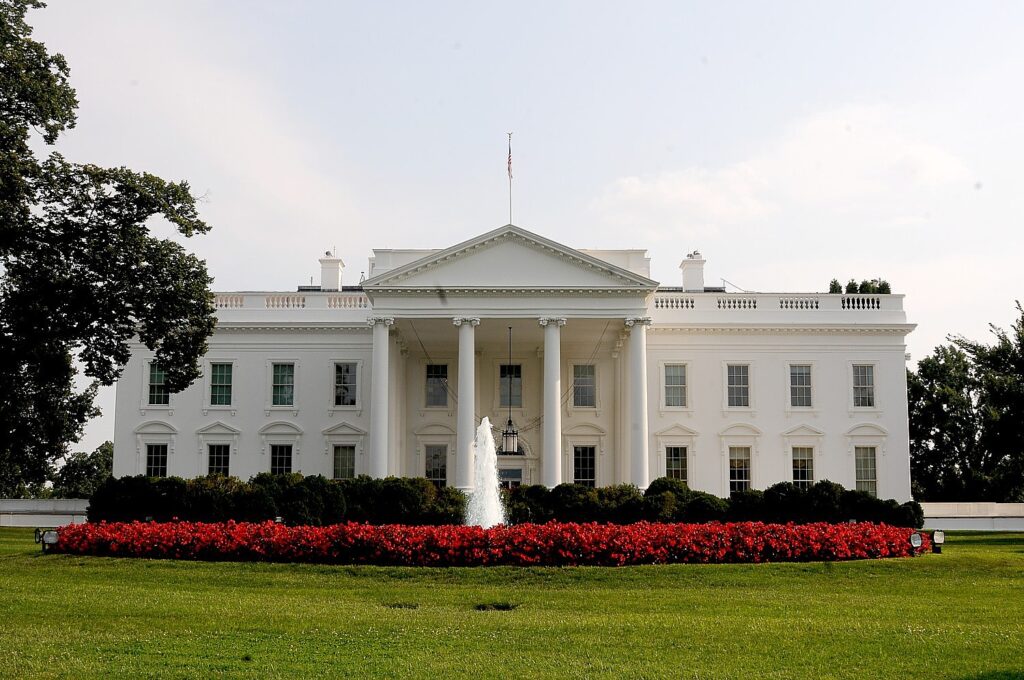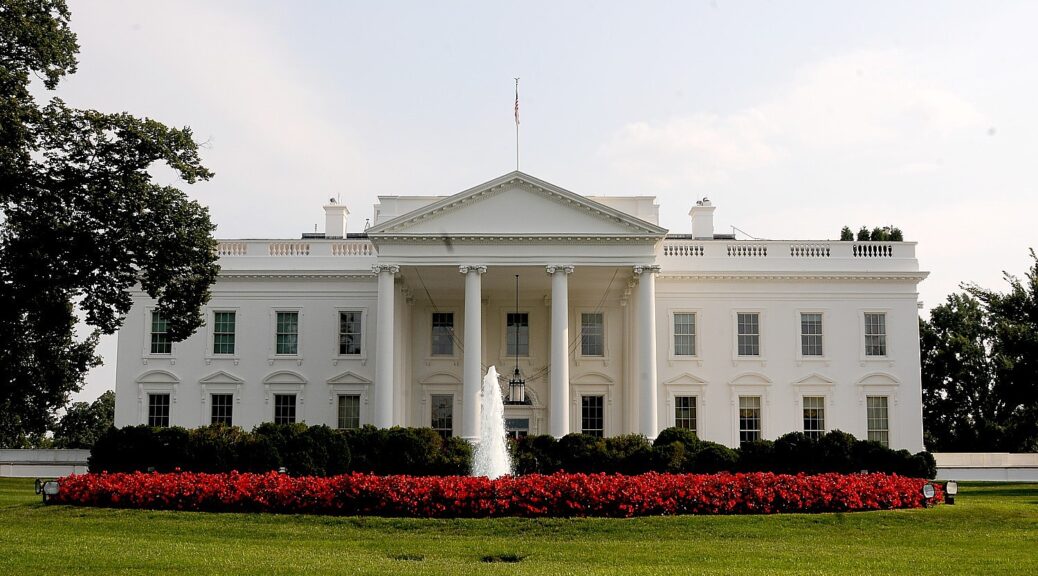| (Psst: I’m sharing with you inside information on Joe Biden’s first actions in the first days of becoming President of the United States. Has anyone been this prepared, this ready from Day One to act on what was promised during the campaign? Or for that matter, to have key appointments and personnel standing by.) |

| Memo from Incoming White House Chief of Staff Ron Klain to Incoming White House Senior Staff on the First Ten Days of the Administration |
| From: Ron Klain, Chief of Staff To: Incoming White House Senior Staff Re: Overview of First Ten Days Date: January 16, 2021 President-elect Biden is assuming the presidency in a moment of profound crisis for our nation. We face four overlapping and compounding crises: the COVID-19 crisis, the resulting economic crisis, the climate crisis, and a racial equity crisis. All of these crises demand urgent action. In his first ten days in office, President-elect Biden will take decisive action to address these four crises, prevent other urgent and irreversible harms, and restore America’s place in the world. During the campaign, President-elect Biden pledged to take immediate action to start addressing these crises and build back better. As president, he will keep those promises and sign dozens of executive orders, presidential memoranda, and directives to Cabinet agencies in fulfillment of the promises he made. These executive actions will deliver relief to the millions of Americans that are struggling in the face of these crises. President-elect Biden will take action — not just to reverse the gravest damages of the Trump administration — but also to start moving our country forward. These actions will change the course of COVID-19, combat climate change, promote racial equity and support other underserved communities, and rebuild our economy in ways that strengthen the backbone of this country: the working men and women who built our nation. While the policy objectives in these executive actions are bold, I want to be clear: the legal theory behind them is well-founded and represents a restoration of an appropriate, constitutional role for the President. Full achievement of the Biden-Harris Administration’s policy objectives requires not just the executive actions the president-elect has promised to take, but also robust Congressional action. The president-elect made the case for his first major legislative proposal earlier this week, and will continue to advance legislative solutions to critical problems, such as in the immigration bill he will send to Congress on his first day in office; the build back better recovery proposal to create millions of good-paying union jobs that he will unveil in the coming weeks; and his ongoing support for legislation related to voting rights, the minimum wage, combatting violence against women, and more. In order to highlight the actions the president-elect is taking, we are spreading these initial executive actions over a ten-day period. An outline of the president-elect’s plan for this period appears below. This list is not exhaustive; additional actions will be added as they complete a final legal clearance process. On Inauguration Day, President-elect Biden will sign roughly a dozen actions to combat the four crises, restore humanity to our immigration system, and make government function for the people. As previously announced, he will ask the Department of Education to extend the existing pause on student loan payments and interest for millions of Americans with federal student loans, re-join the Paris Agreement, and reverse the Muslim Ban. The president-elect will launch his “100 Day Masking Challenge” by issuing a mask mandate on federal property and inter-state travel — part of a critical effort to begin to bend the curve on COVID. And, we will take action to extend nationwide restrictions on evictions and foreclosures and provide more than 25 million Americans greater stability, instead of living on the edge every month. On January 21, the president-elect will sign a number of executive actions to move aggressively to change the course of the COVID-19 crisis and safely re-open schools and businesses, including by taking action to mitigate spread through expanding testing, protecting workers, and establishing clear public health standards. On January 22, the president-elect will direct his Cabinet agencies to take immediate action to deliver economic relief to working families bearing the brunt of this crisis. Between January 25 and February 1, the president-elect will sign additional executive actions, memoranda and Cabinet directives. The president-elect will fulfill his promises to strengthen Buy American provisions so the future of America is made in America. He will take significant early actions to advance equity and support communities of color and other underserved communities. He will take action to begin fulfilling campaign promises related to reforming our criminal justice system. The president-elect will sign additional executive actions to address the climate crisis with the urgency the science demands and ensure that science guides the administration’s decision making. President-elect Biden will take first steps to expand access to health care – including for low-income women and women of color. He will fulfill his promises to restore dignity to our immigration system and our border policies, and start the difficult but critical work of reuniting families separated at the border. And, President-elect Biden will demonstrate that America is back and take action to restore America’s place in the world. As noted above, this list is not comprehensive. More items and more details will be forthcoming in the days ahead. Of course, these actions are just the start of our work. Much more will need to be done to fight COVID-19, build our economy back better, combat systemic racism and inequality, and address the existential threat of the climate crisis. But by February 1st, America will be moving in the right direction on all four of these challenges — and more — thanks to President-elect Joe Biden’s leadership. |

